If you’re going to be growing fruit and vegetables on an annual basis, then it’s really good practice to plan your plot in advance with a view to rotating your crops. And the reason you want to do this is that if you grow the same annual crops in the same place every year, you are far more likely to suffer from a build up of pests and disease. Different crops are susceptible to different problems and by moving them around, you reduce the likelihood of attack.
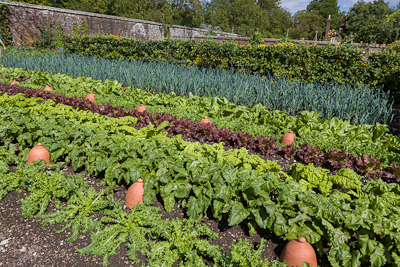
The first step is to decide what you want to grow and then divide your crops into groups to be grown in different beds in your kitchen garden. Each group requires different growing conditions, so it makes sense to grow them together.
The traditional main crop groups are as follows:
- Cabbage family (Brassicas)
cauliflower, kale, sprouting broccoli & calabrese, cabbage, Brussel sprouts, rocket, oriental greens, swede & turnip
These require high levels of nitrogen fertiliser (so add lime if you garden on acid soil), and firm (undug) soil. Good to plant where you’ve grown Legumes the previous year.
- Potato family
aubergines, chillies, potato, sweet peppers, tomato
Members of the potato family need soil where good organic matter has been added, and regular watering.
- Bean family (Legumes)
Beans and peas
Legumes like organic matter but not fertiliser. Their roots add nitrogen to the soil, so they are good to grow between Cabbage & Potato crops.
- Onion family
onions & shallots, garlic, leeks
- Roots
carrots, Florence fennel, parsnips, parsley
If you are short on space Onions and Roots can be grouped together as they both require little organic matter or fertiliser.
In addition to these traditional groups there are a number of other vegetables which I for one like to grow. I just put them where there is space –but close to other crops which need similar conditions. You could try beetroot and spinach with Brassicas for example.
Sweetcorn isn’t too fussy regarding soil type (but will need regular watering) – I usually grow this in its own little patch and often plant concurbits in between. And what the heck is a concurbit I hear you ask?! That’s the name for courgettes, squash, pumpkins, marrows and outdoor cucumber. These all need a decent amount of moisture and organic matter so work well with Legumes, or add them in to the rotation as a separate group.
Salads can fit in anywhere and are ideal as a ‘catch crop’ which is the name given to a crop which will grow quickly in between other crops.
Other permanent crops should be given dedicated areas to grow, and within this group I would include rhubarb, artichokes, asparagus and all bush and cane fruits. Strawberries should ideally be replanted in a new area every 3 or 4 years to avoid disease.
If you’re growing a green manure over winter (to keep weed growth down & add nutrients to the soil when it’s dug in over spring), then bear in mind that many green manure crops are related to main crop families and ideally should be grown in the same areas.
Of course not everyone is blessed with a large enough growing area to allow for crop rotation on this sort of scale. If that’s your situation then the key is just to keep things moving on an annual basis. And if you are growing in pots then make sure you start off with fresh compost every time.
One final tip – keep notes! It’s really helpful to record which varieties you’ve grown successfully and which ones haven’t worked – and why (if for example it’s just down to poor weather and beyond your control). And every season draw a plan of your crop rotation. That way you’ll be able to keep track of everything and make sure you manage your kitchen garden successfully.

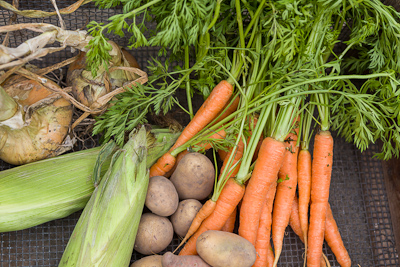
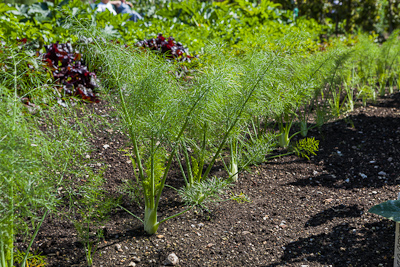
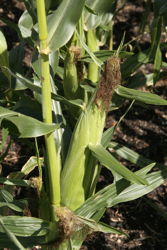
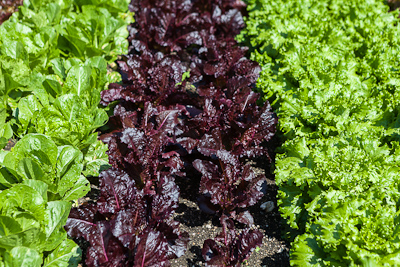
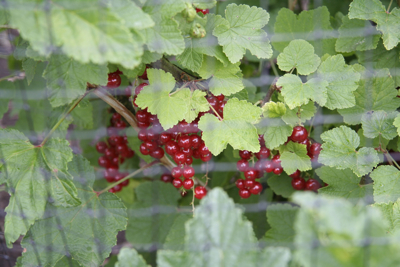
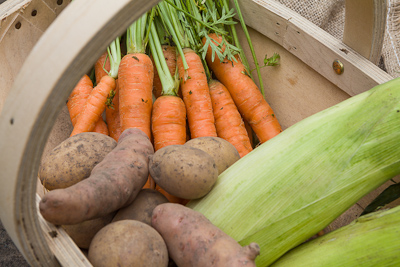


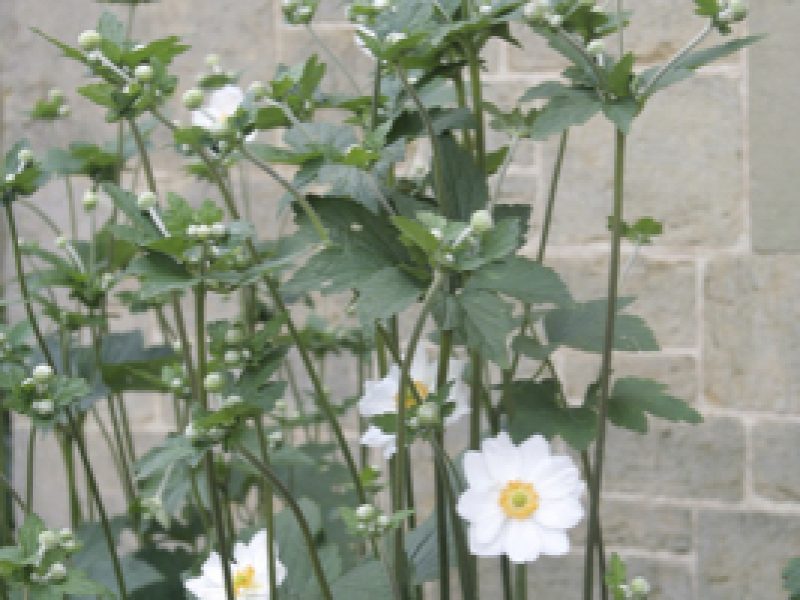


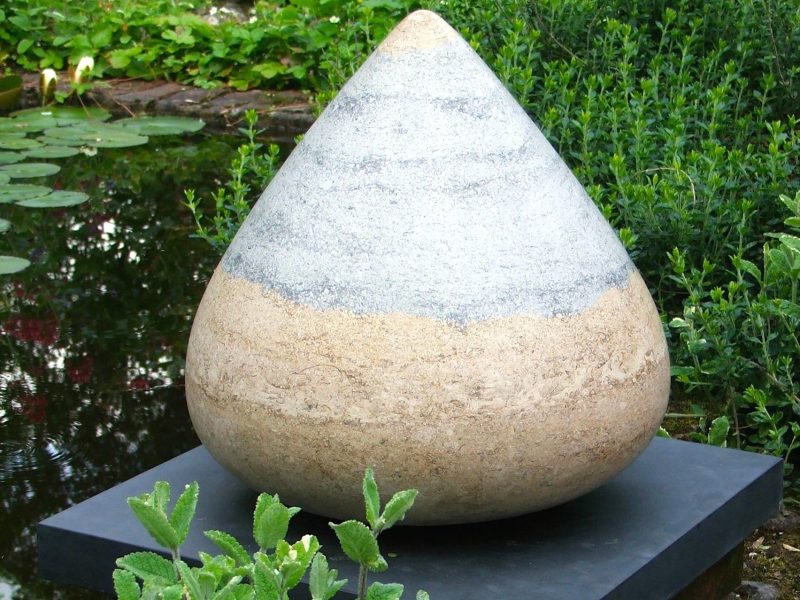
I like your advise and the plot looks pretty. I’ve just acquired mine and have fair way to go, but I’m looking forward to some fantastic results similar to yours. Thnx for the post.
Glad you found it helpful. I love growing fruit & veg. but this year has been really challenging. Good luck, and fingers crossed for next year.